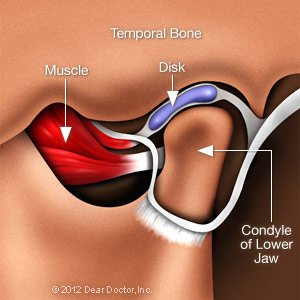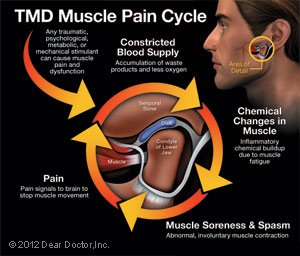Are you experiencing persistent pain near your ear, jaw, or facial muscles? Is it accompanied by clicking, popping sounds, or limited jaw movement? You could be dealing with TMD (Temporomandibular Disorders).
While TMJ refers to the temporomandibular joint (your jaw joint), TMD describes conditions that cause pain or dysfunction in this joint or its surrounding muscles. The good news is most TMD cases can be managed with conservative, non-invasive treatments.



